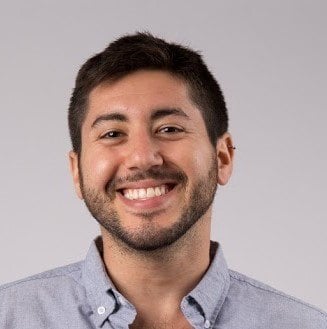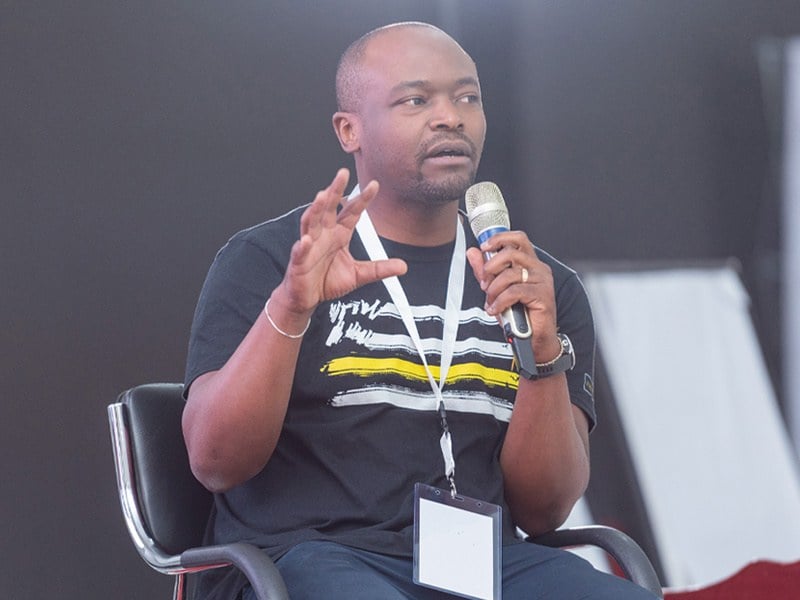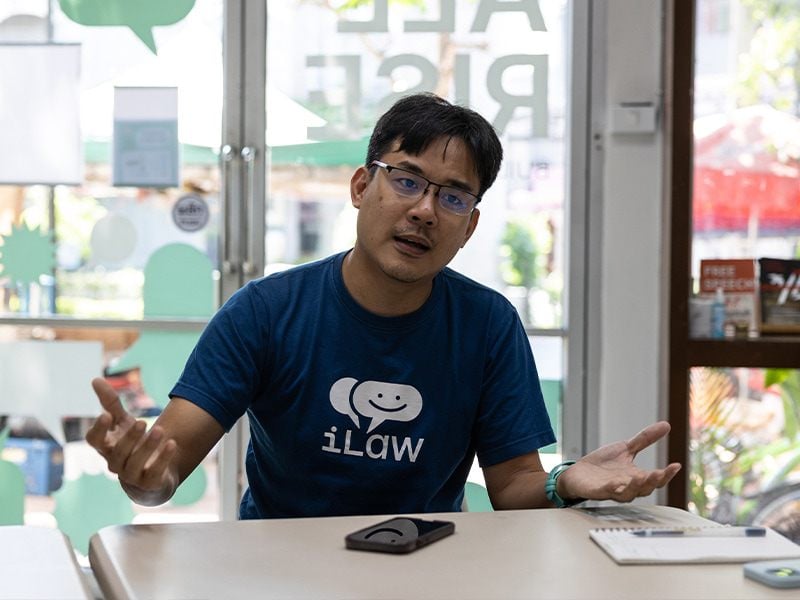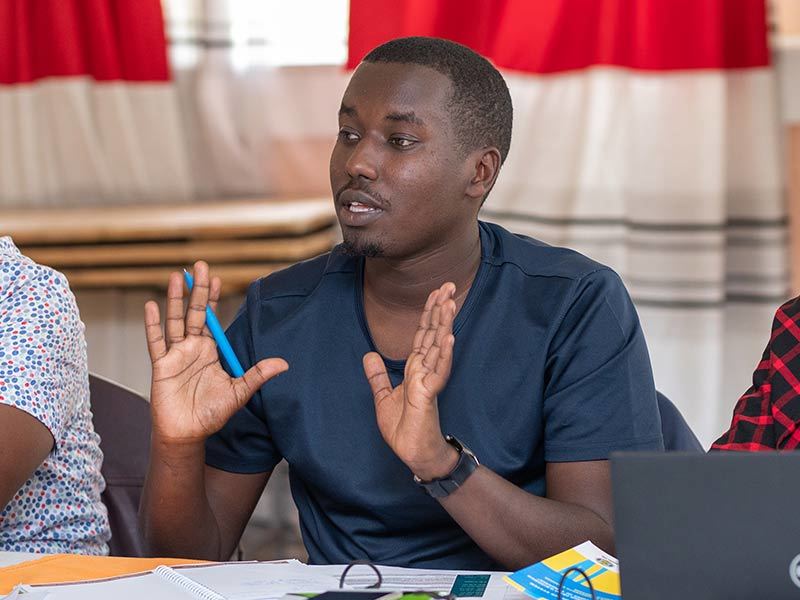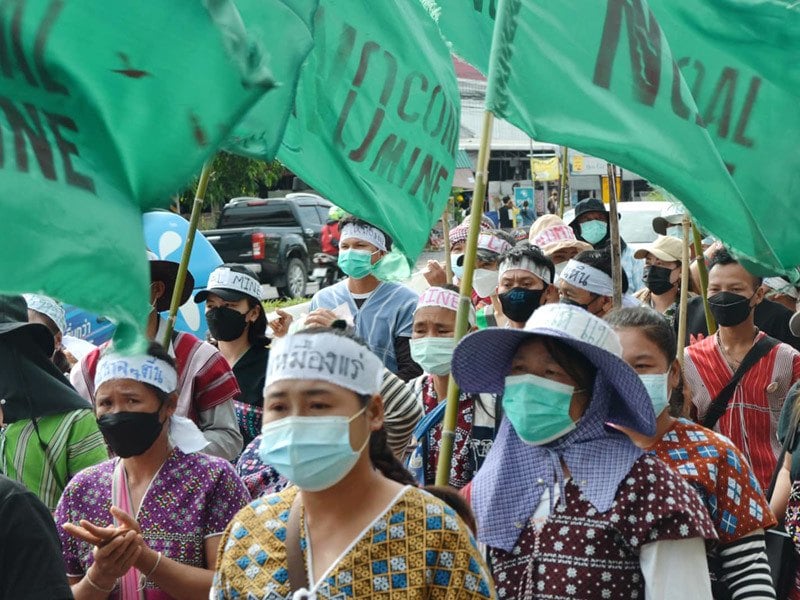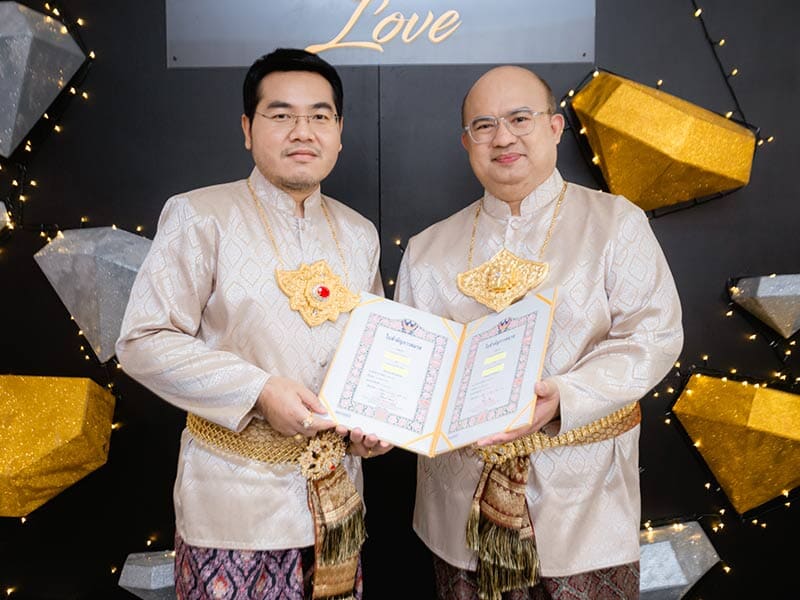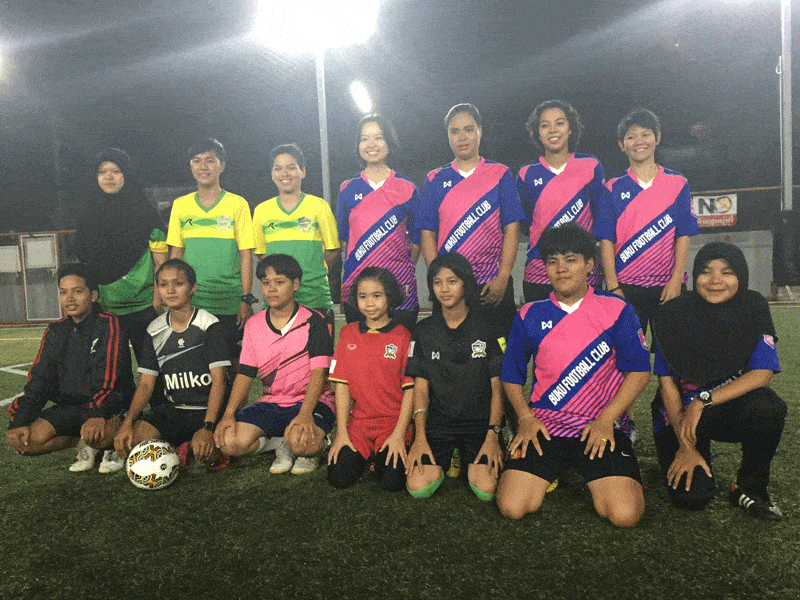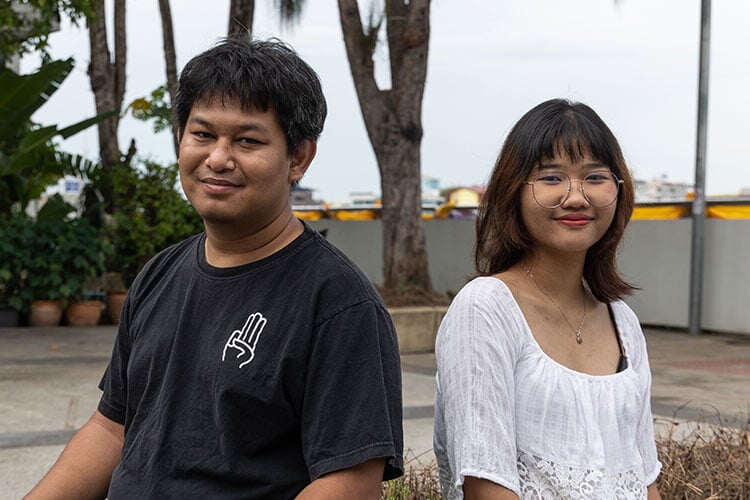
Growing up in a conservative, deeply patriotic Thai family, Nutchanon Pairoj (Nut) dreamt of being a soldier, serving his country and his king. But when he lost his leg in a motorcycle accident at 16, his life took a drastically different path. He enrolled in Thailand’s famed Thammasat University to study political science, and quickly began to question everything he’d come to believe. Within his first year, he’d transformed into a student activist, educating himself about Thailand’s vastly restricted freedoms of speech, expression, and assembly.
“I wanted to defend the monarchy and fight against the king’s enemies,” he says now. “In this route of my life, I am the protestor. In another route of my life, I would’ve been the one shooting at the protestor.”
But in Thailand, being the protestor means a life under threat. While the country promotes itself internationally as a thriving Asian democracy, the truth is the Thai government is willing to jail, arrest and fine its citizens for exercising the basic human right of free expression. Speaking out against the government, especially the royal family, remains both a cultural taboo and a legal grey area that can land activists in jail.
AJWS grantee organization iLaw is at the forefront of this human rights struggle. They serve as expert witnesses in trials of protestors. They gather hundreds of thousands of signatures on petitions supporting legal amendments and new laws. They publish inclusive, educational materials about Thai politics — including 120,000 illustrated voting guides before the country’s 2023 parliamentary elections, contributing to a record high voter turnout. And they serve as an incubator for young activists, like Nut and Bee, to form their own social change organizations.
In January 2024, with iLaw’s support, Nut and Bee co-founded Thumb Rights, an organization dedicated to freeing all of Thailand’s political prisoners and “making sure no more people go to jail for speaking the truth,” says Bee.
Nut first met Bee at Thammasat University. She was a student activist with a similarly traditional upbringing. As the only female grandchild in her family, Bee’s resistance to strict gender roles were met with violence from her grandfather.
“I fought against oppressive paternalism since I was very young. It felt like injustice in my family during childhood, and that carried on to my activism,” she says. “We’re taught in Thailand that questioning things deserves punishment.”
In 2020, Nut and Bee were at the forefront of massive social protests demanding reform to the country’s constitution, which grants the Thailand’s monarchy unchecked power, and criminalizes criticism under threat of imprisonment. That August, before 5,000 students, Nut read a speech from the country’s 1932 revolution, which transformed Thailand from a kingdom into a constitutional monarchy.
“I felt the power of the people that day,” he remembers. “I believed that Thai society was going to change.”
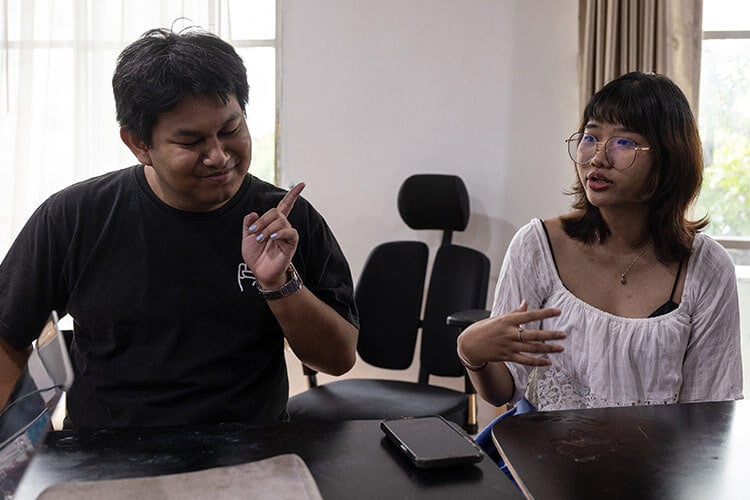
Nut was charged under Thailand’s Article 116: “raising unrest… amongst the people… likely to cause disturbance in the country.” A law that, in other words, criminalizes otherwise peaceful protests. He racked up 15 charges, and spent weeks isolated in prison before being released on bail. Similarly, Bee was charged with Article 112 – Thailand’s lèse-majesté law – for running a Facebook group that helped organize protests critical of the government.
Today, both Nut and Bee await trial on multiple charges for expressing their dissatisfaction with the government – a basic human right denied in Thailand.
Their futures are unclear. “Six months from now, we may be in jail,” says Nut. But they won’t await their fate sitting down.
They founded Thumb Rights to mobilize and educate university students to take action, much like Bee and Nut did themselves in 2020. They host lectures, film screenings and exhibitions to engage students to take action against Article 112 and other authoritarian laws. Thumb Rights also stands in solidarity with the dozens of Thai people in jail under Article 112, inviting students to write letters of support.
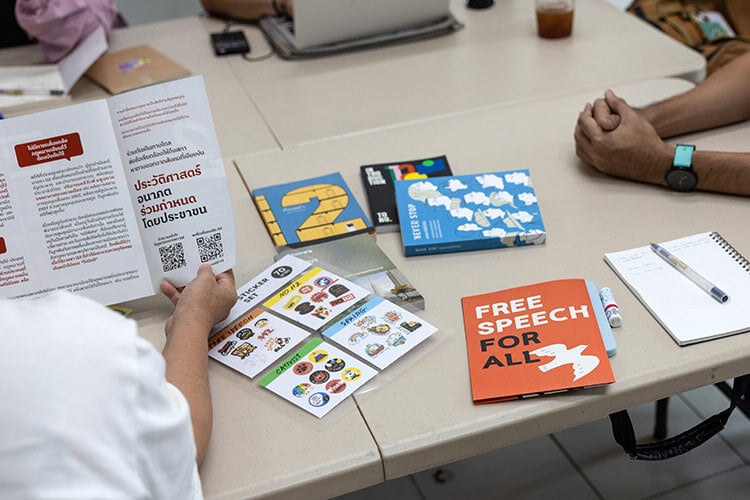
“These are people with families, with children,” says Bee. “We can’t let the public forget them.”
The core of their work, Nut and Bee agree, isn’t political. Their activism speaks to Thai people’s basic humanity.
“All humans have thoughts, feelings, emotions. If we can’t express them, who are we?” says Bee. “In my childhood, I was told not to question things. To stay quiet and accept my reality. But now I know, without the freedom of expression, democracy itself cannot exist.”

